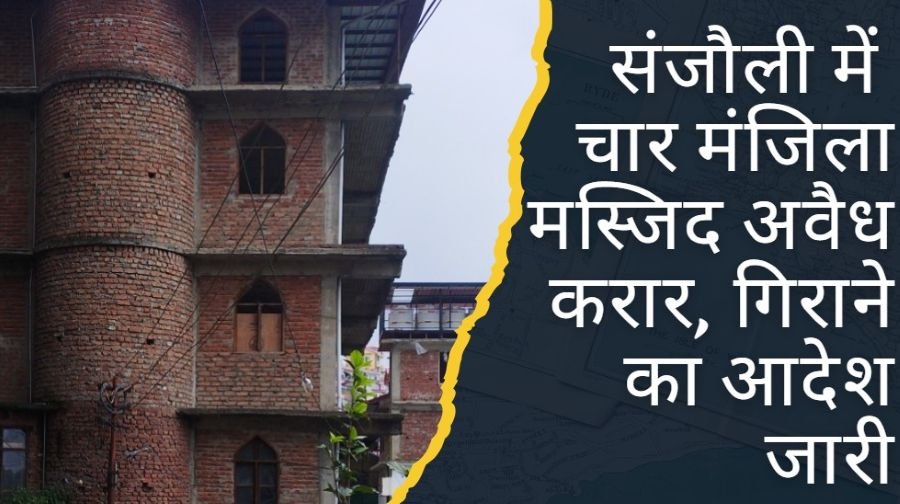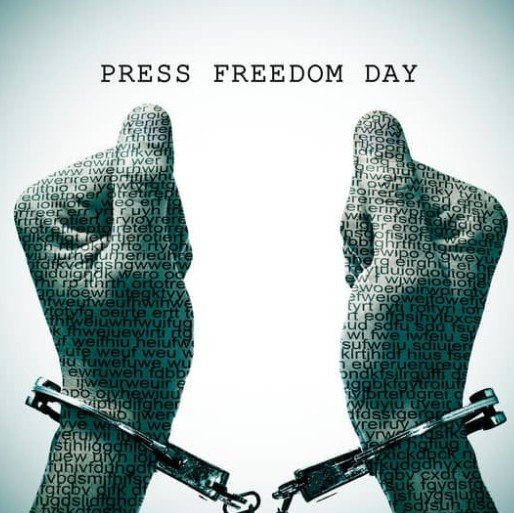
Himachal’s Forgotten Pensioners: Decades of Service, a Lifetime of Waiting
- Breaking NewsHIMACHALKANGRAPOLITICSSHIMLA
- May 3, 2025
- No Comment
- 43
In the hill state of Himachal Pradesh, nestled in the Indian Himalayas, a quiet humanitarian crisis has festered for more than two decades. Over 7,000 retired employees of state-run corporations—many of them now elderly and infirm—are living in the shadows of broken promises, abandoned by a system they once loyally served. Despite dedicating their lives to public service in sectors like electricity, transport, and municipal administration, they find themselves shut out of the pension system—a system that had once included them, until it was abruptly taken away.
This is not merely a tale of bureaucratic red tape or financial constraints. It is a story of selective justice, institutional amnesia, and the erosion of trust in democratic governance. These retirees, many in their 70s and 80s, were once covered under a state-sanctioned pension scheme modeled on the Central Civil Services (Pension) Rules, 1972. That changed on December 2, 2004, when the government imposed a cut-off date, stripping post-2004 retirees of their pension rights while continuing benefits for those who had retired earlier.
The sudden imposition of this deadline created a fracture within a once-unified workforce. Thousands who had worked 30 to 40 years in the same corporations found themselves without post-retirement income, denied medical support, and abandoned to inflation and rising living costs. In contrast, their colleagues who retired just days earlier retained full pension benefits. The line was drawn not by merit or service, but by the calendar.
These pensioners have not remained silent. They have marched in protests, filed legal appeals, and sat through endless hearings, believing that justice, if delayed, would at least eventually be delivered. In 2013, the Himachal Pradesh High Court ruled in their favor, declaring the cut-off unconstitutional. The celebration was short-lived. In 2016, the Supreme Court overturned the decision, deferring the matter to the policy discretion of the state. Most recently, on April 16, 2025, the Court again declined to intervene.
“We are tired,” says Govind Chitranta, a retiree who has become the voice of this movement. “After 25 years of protests, of petitions, we are losing hope. Many of us are not in a position to wait another year, let alone another decade. We don’t want sympathy. We want what was promised to us.”
The anguish is intensified by a visible double standard. In December 2022, the Congress-led government in Himachal reinstated the Old Pension Scheme (OPS) for over 1.36 lakh employees and nearly 2 lakh existing pensioners. Even employees of the same corporations, like the electricity board and transport department, were included—except for those who had retired after 2004. Why this exclusion? No clear answer has been provided.
Political hypocrisy and bureaucratic inertia are familiar culprits. The state government filed an affidavit in the Supreme Court in November 2023 promising to reconsider the pension issue. Yet, no action has followed. Meanwhile, many of these pensioners battle chronic illness, survive on family support or menial labor, and die waiting.
Legal scholars point out that the very notion of pension as an earned right was affirmed decades ago. The landmark Supreme Court ruling in D.S. Nakara v. Union of India (1983) held that pension is not a charity—it is deferred compensation. The denial of pensions to a subset of retirees based solely on date of retirement, they argue, violates not just legal precedent, but basic ethics.
The emotional and psychological toll of this injustice cannot be overstated. For those who once manned power stations in remote valleys, who managed public transportation in the snowbound hills, or who cleaned streets in the state’s fast-growing towns, old age was supposed to be a time of rest and recognition. Instead, it has become a time of begging, of bureaucratic fatigue, of humiliation.
This is not a partisan issue. Governments have changed. Promises have been made by all sides. None have been kept. The judiciary has spoken—and then stepped back. The last hope now rests with the Himachal Pradesh government, which has the authority to issue a simple executive order revoking the 2004 exclusion. The cost of doing so may be a budgetary challenge. But the cost of doing nothing is the continued erosion of moral authority.
In a democracy, the worth of a life spent in public service should not be measured by the date stamped on a retirement order. It should be measured by gratitude, dignity, and justice. For Himachal’s forgotten pensioners, time is no longer a luxury. Each day of delay is a betrayal of the very idea of public service.
This article was auto-generated and edited by our newsroom staff to meet international editorial standards.
#PensionJustice #HimachalRetirees #PublicServiceRights #ElderlyInCrisis #IndiaSocialJustice



